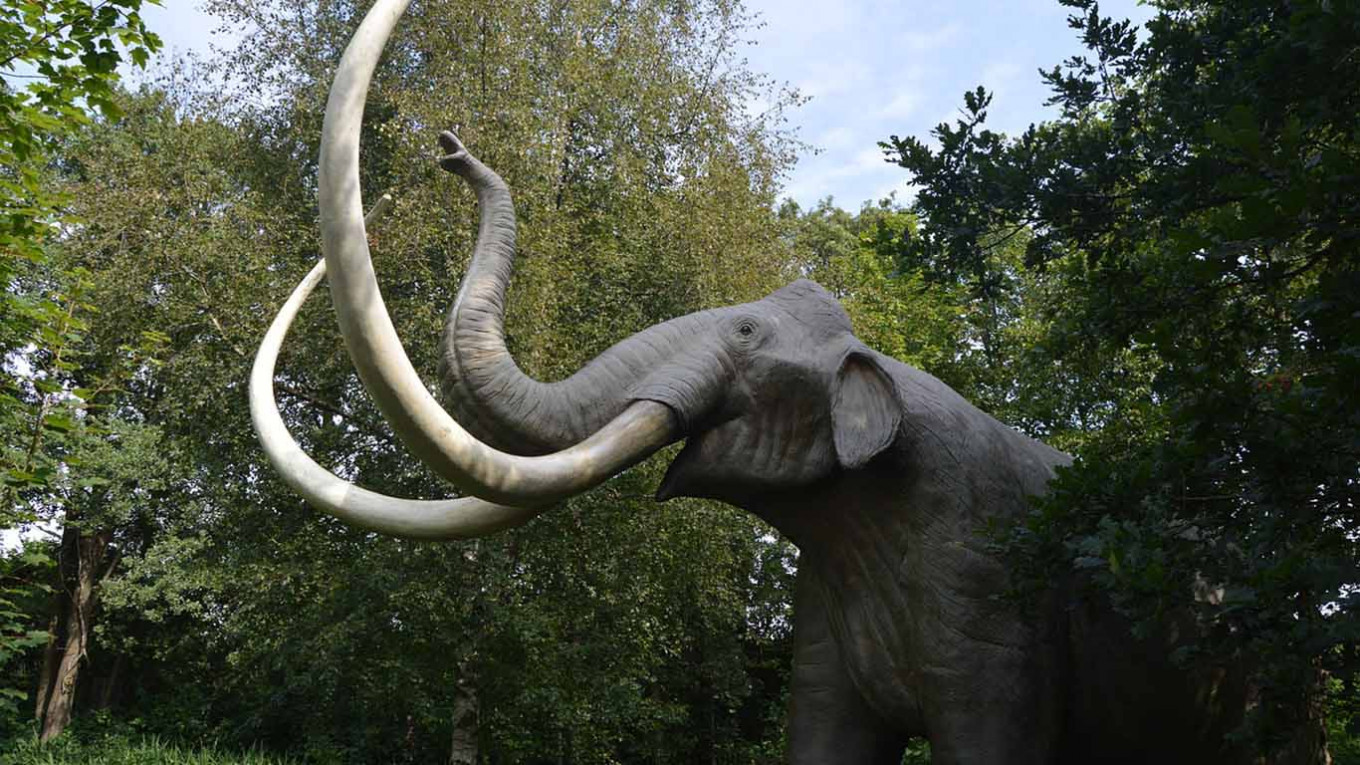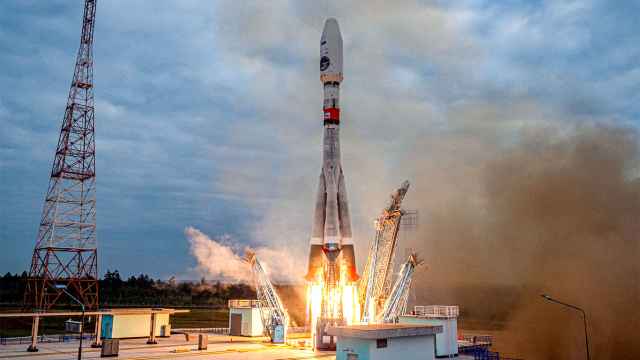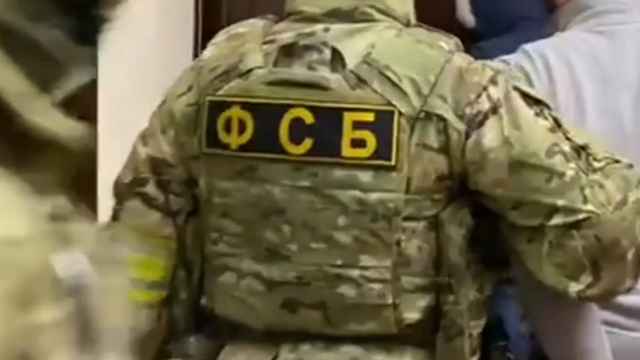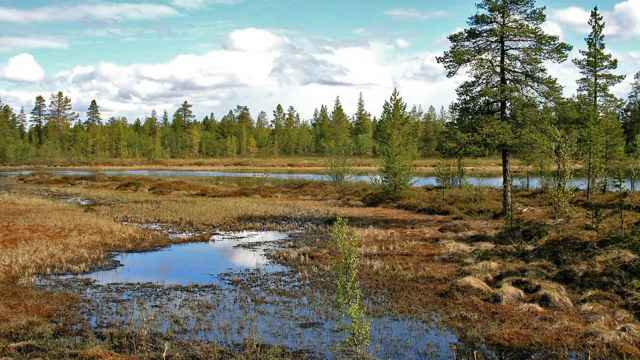Siberian mammoth teeth have contributed to the discovery of the world’s oldest DNA, the scientific journal Nature reported Wednesday.
Before the latest findings, the oldest DNA sequences were believed to have come from a 700,000-year-old Canadian horse’s leg bone in 2013.
Geneticists have now uncovered DNA as much as 1.2 million years old from molar specimens of a northeastern Siberian mammoth excavated by Russian paleontologist Andrei Sher in the 1970s.
Two other samples are believed to be from 1 million and 700,000 years ago.
“It is a symbolic barrier that I hope can inspire and motivate other groups that have ideas about really deep-time sequencing,” study author and bioinformatician Tom van der Valk said.
The findings suggest that the Siberian species may have interbred into North America’s Columbian mammoth up to half a million years ago, according to Nature.
National Geographic reported that work on extracting the mammoth DNA began in 2017, when the Swedish Center for Paleogenetics received the samples from the Russian Academy of Sciences.
Ancient DNA researchers are now training their sights on other species uncovered from Siberia's rapidly melting permafrost, including musk oxen, moose and lemmings.
“We’ve seen the data we have, and I think it would be relatively easy to go beyond 2 million [years old], if we just had a good specimen,” said evolutionary geneticist Love Dalén, whose team sequenced the Siberian mammoth DNA.
The chances of finding million-year-old relatives of ancient humans in similarly well-preserved conditions is less likely, though Dalén left open the possibility of samples being hidden in “the right environment, such as a deep cave.”
A Message from The Moscow Times:
Dear readers,
We are facing unprecedented challenges. Russia's Prosecutor General's Office has designated The Moscow Times as an "undesirable" organization, criminalizing our work and putting our staff at risk of prosecution. This follows our earlier unjust labeling as a "foreign agent."
These actions are direct attempts to silence independent journalism in Russia. The authorities claim our work "discredits the decisions of the Russian leadership." We see things differently: we strive to provide accurate, unbiased reporting on Russia.
We, the journalists of The Moscow Times, refuse to be silenced. But to continue our work, we need your help.
Your support, no matter how small, makes a world of difference. If you can, please support us monthly starting from just $2. It's quick to set up, and every contribution makes a significant impact.
By supporting The Moscow Times, you're defending open, independent journalism in the face of repression. Thank you for standing with us.
Remind me later.






